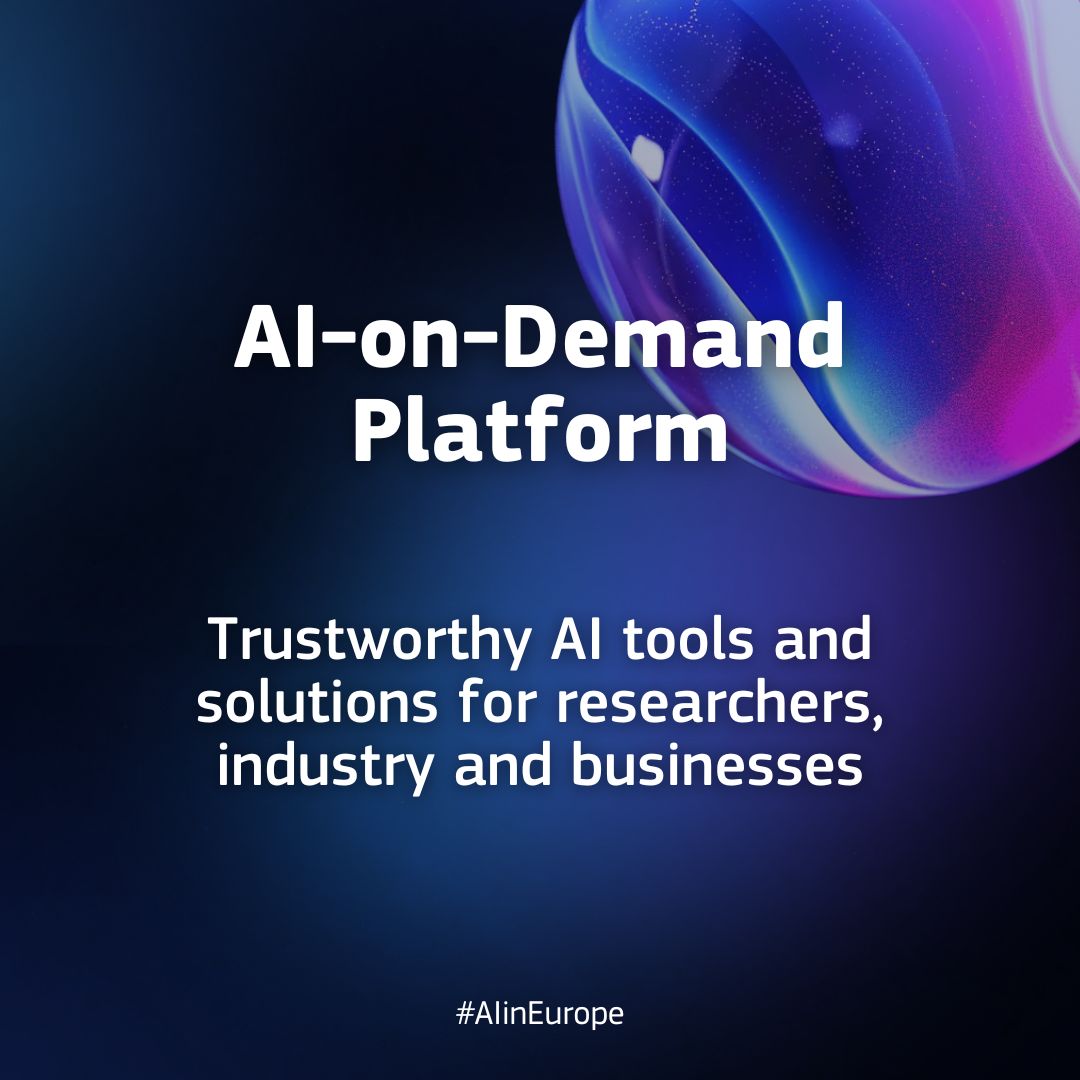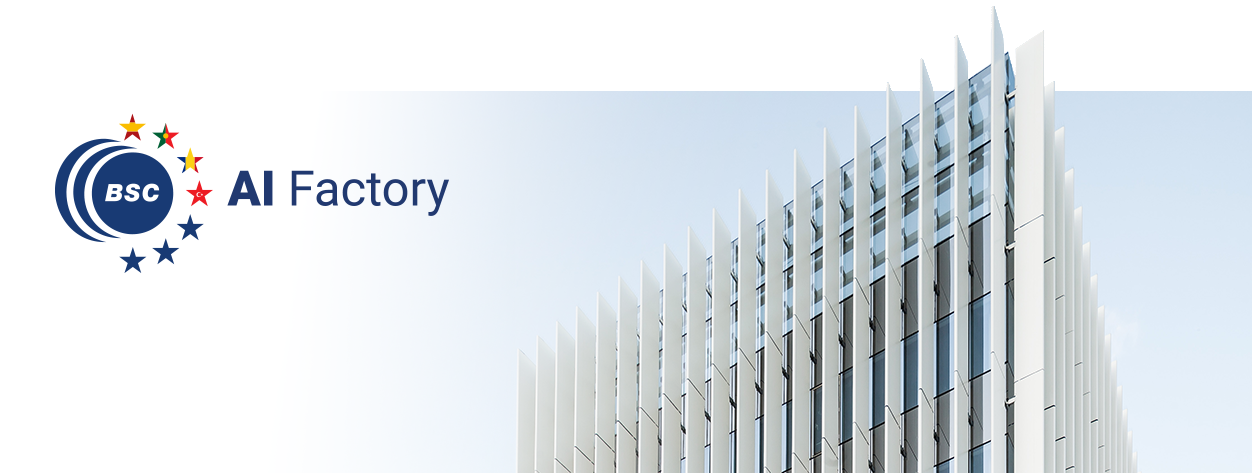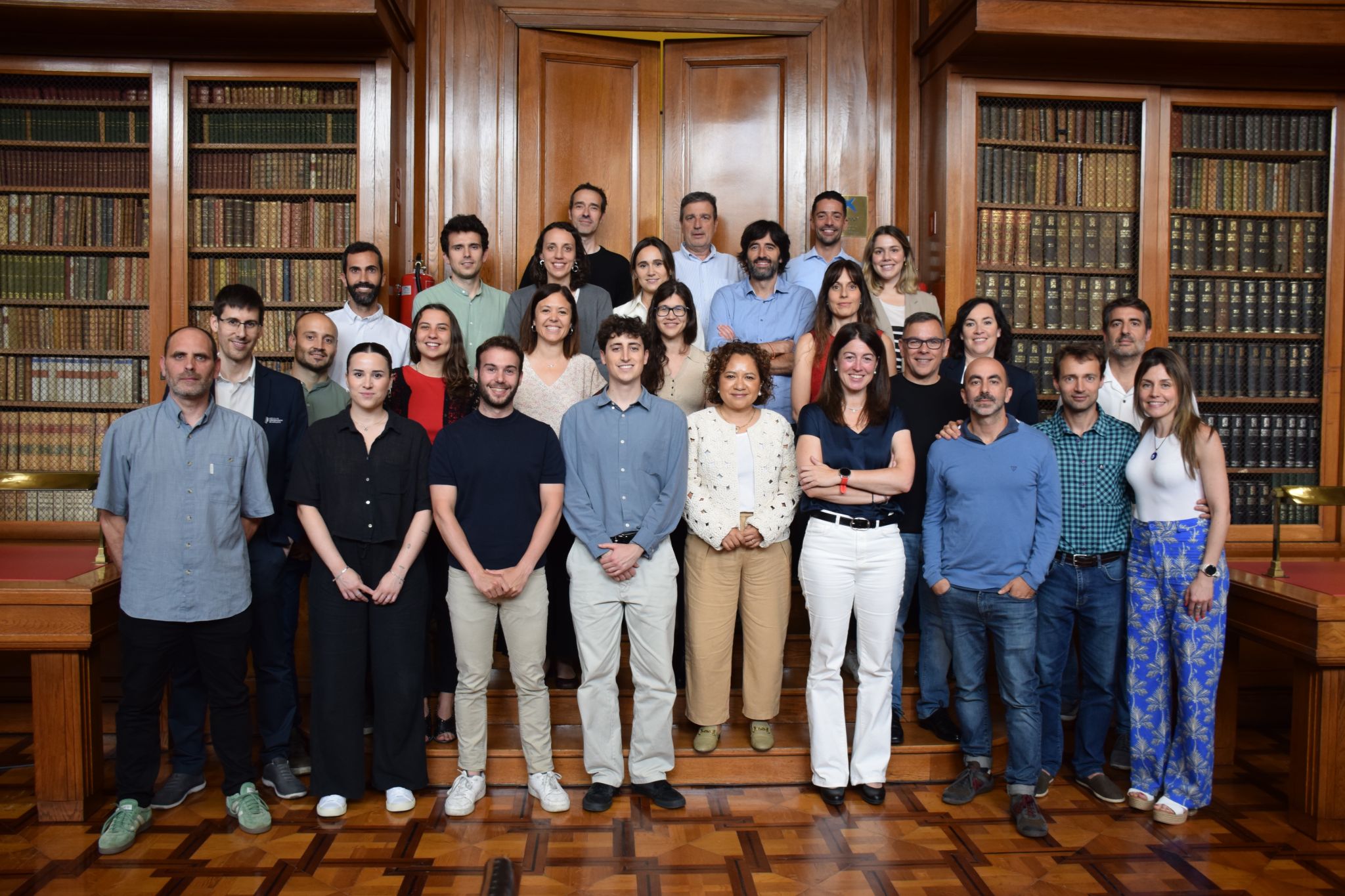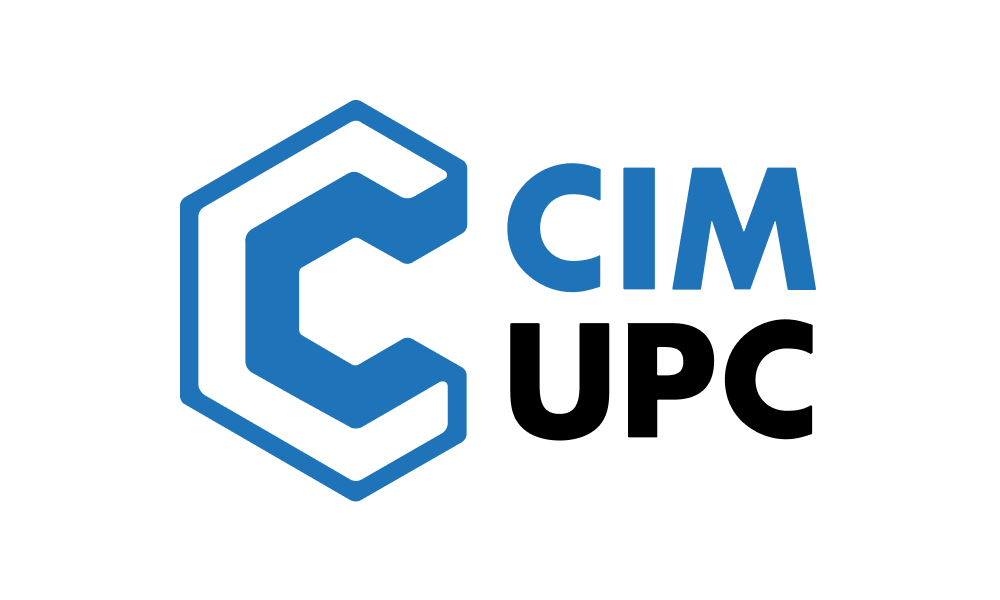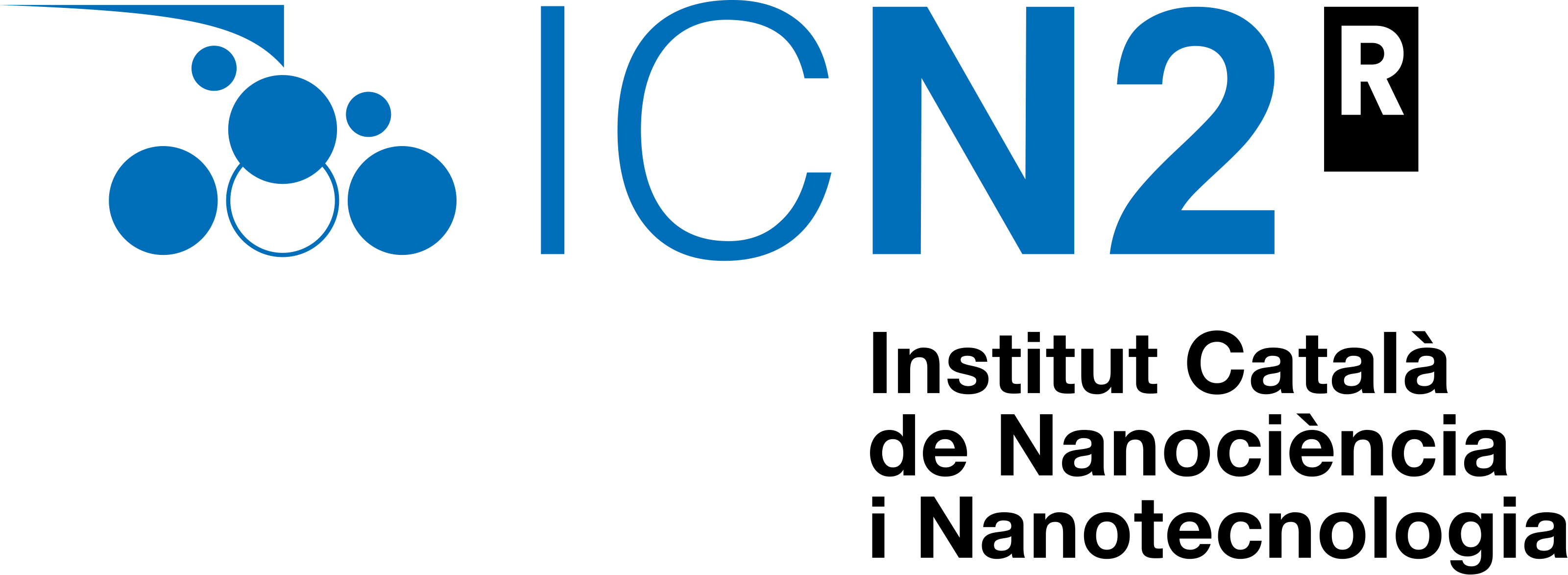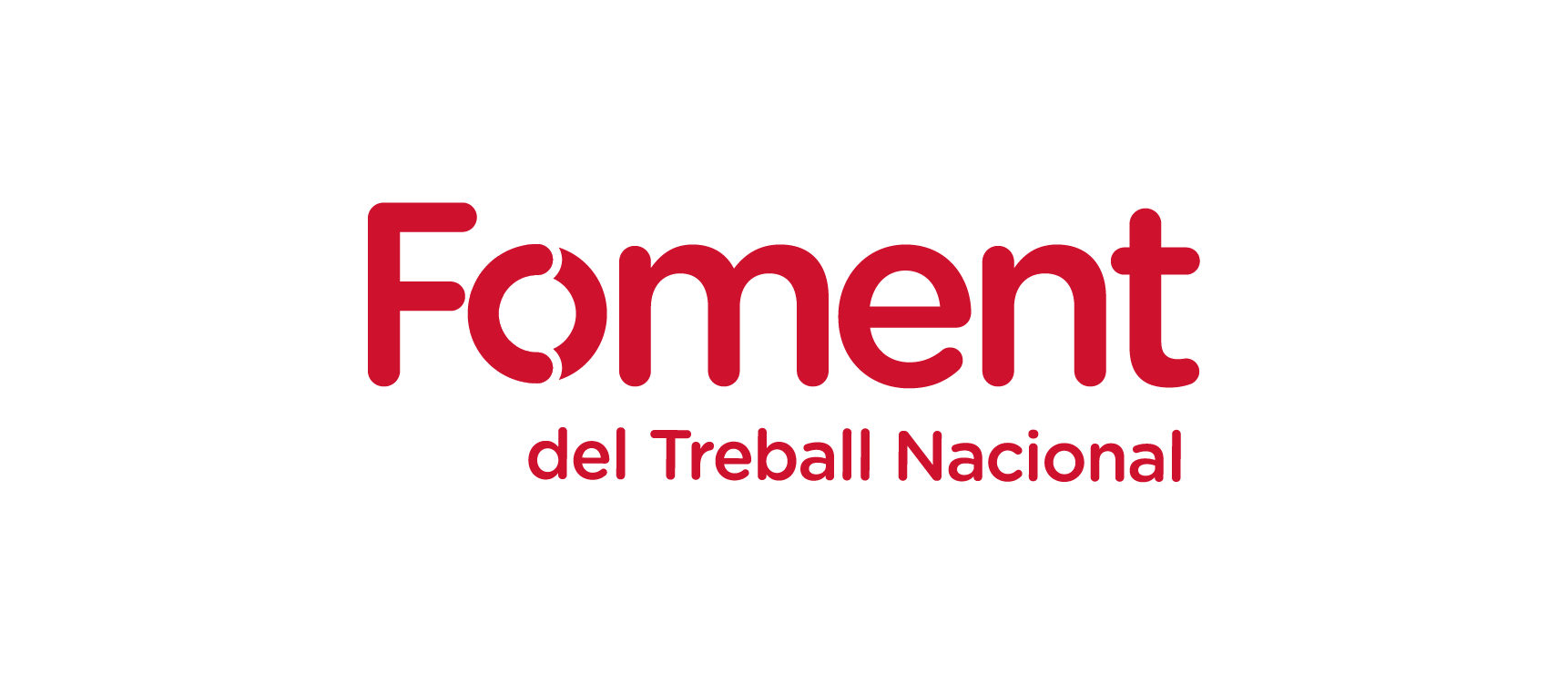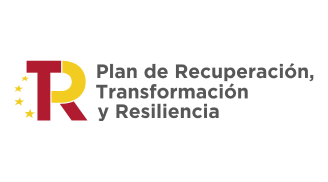Discover the AI Act, the first regulation governing Artificial Intelligence, which has already come into force
Discover the AI Act, the first regulation governing Artificial Intelligence, which has already come into force
- 25/07/2025 06:56
What is the AI Act and why is it important for businesses?
In recent years, artificial intelligence has experienced rapid growth, with increasingly widespread applications across key sectors where it can pose significant risks to fundamental rights and people’s safety.
For this reason, Europe has promoted the European Artificial Intelligence Regulation (AI Act), the first legal framework that regulates AI systems and aims to ensure that they are safe, transparent, and respectful of everyone’s rights, while also fostering responsible innovation.

How does the AI Act work?
The AI Act classifies AI systems based on their level of risk (low, limited, high or unacceptable) and sets specific legal obligations for companies that develop or use them.
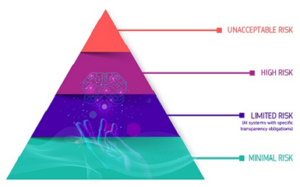
The regulation pays special attention to general-purpose AI (GPAI) models—such as those that generate text, translate, or create images—since they can perform multiple functions and have a cross-sector impact. These models are trained on large volumes of data, which can lead to risks related to privacy, lack of transparency regarding the origin of the information, and the presence of statistical or cultural biases. Moreover, their versatility and increasing integration into critical environments can result in technological dependency, difficulty in tracing automated decisions, and even a power asymmetry between technology providers and end users.
This regulation is particularly relevant in sectors where the risks associated with AI use are higher, such as healthcare (AI-assisted diagnosis), education (automated student assessment), employment (candidate screening via algorithms), finance (automated credit decisions), justice and security (facial recognition or crime prediction), or social services (automated allocation of aid). In these areas, the misuse or lack of transparency in AI systems can have serious consequences for fundamental rights, non-discrimination, and individual safety.
What will businesses need to do?
The rollout of the regulation will take place in phases and progressively:
-
From 2 August 2025, providers placing new general-purpose AI models on the market must comply with the regulation (transparency, documentation, risk assessment, etc.). If the model presents a high risk, they must notify the European Artificial Intelligence Office (AI Office). During this period, no penalties will apply as long as companies demonstrate good faith and are committed to the General Purpose AI Code of Conduct, a code promoted by the European Commission to support gradual compliance with the regulation.
-
From 2 August 2026, penalties for non-compliance may be enforced.
-
From 2 August 2027, GPAI models that were already on the market before 2 August 2025 must also be fully aligned with the regulation.
Resources to help businesses comply with the AI Act
The European Commission has published guidelines to assist companies in implementing the regulation.
→ Check the Guidelines | Frequently Asked Questions (Q&A)
At the regional level, the Catalonia Artificial Intelligence Ethics Observatory (OEIAC) has made the PIO Model available— a self-assessment tool to support compliance with data and AI regulations.
→ Access the PIO Model
Soon, DIH4CAT will also offer support and advisory services for compliance with the regulation. Once active, it will be announced via the Hub’s usual communication channels. In the meantime, we remain available at info@dih4cat.cat for any queries.
Preparing for a new regulatory era in AI
With the entry into force of the first obligations for general-purpose AI models, a new era of artificial intelligence in Europe begins—one marked by responsibility, transparency, and ethical commitment.
At DIH4CAT, we encourage all organisations to get informed, prepare, and take advantage of the available resources to successfully adapt to this new regulatory reality.

Soon, DIH4CAT will also offer a support and advisory service to help ensure compliance with the regulation. Once the service is active, it will be announced through the Hub’s usual communication channels. In the meantime, we remain available via email at info@dih4cat.cat for any enquiries.
Preparing for a new regulatory era in AI
With the entry into force of the first obligations for general-purpose AI models, a new chapter begins for artificial intelligence in Europe—one shaped by responsibility, transparency, and ethical commitment.
At DIH4CAT, we encourage all organisations to stay informed, prepare accordingly, and take advantage of the available resources to successfully adapt to this new regulatory landscape.


